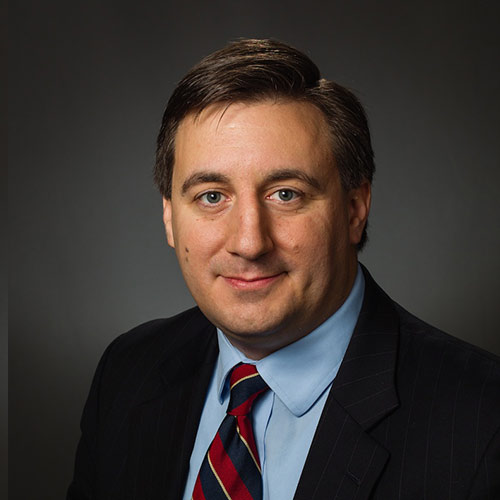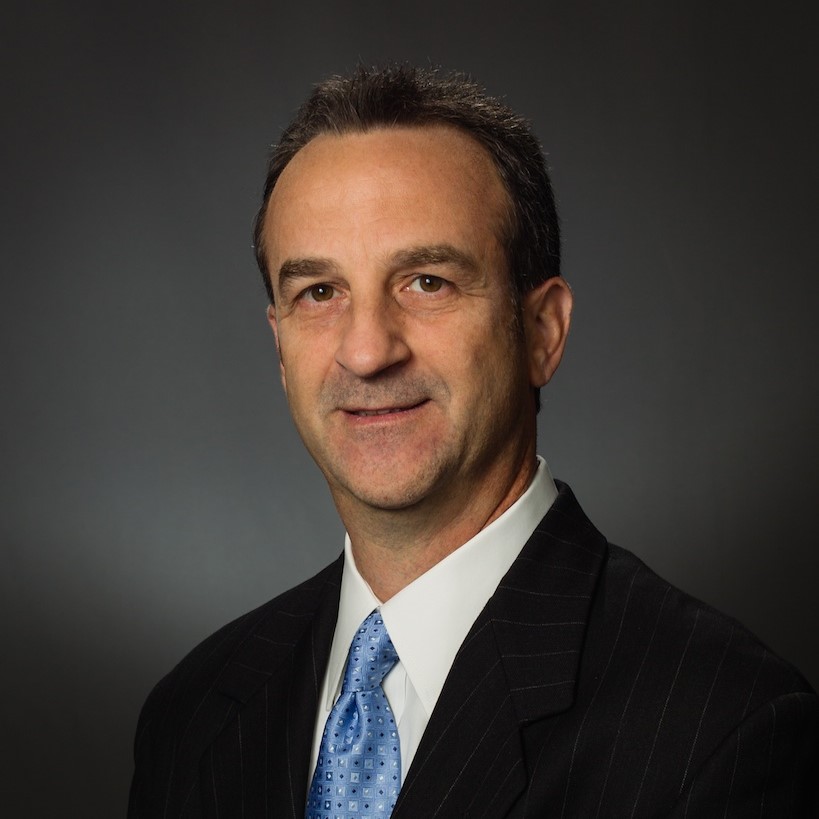WASHINGTON — The U.S. Supreme Court agreed Tuesday to review an Alliance Defending Freedom case concerning government speech discrimination against churches. ADF is asking the high court to reverse a 2-1 U.S. Court of Appeals for the 9th Circuit decision that allows local governments to impose stricter regulations on temporary church signs than other temporary, non-commercial signs.
“No law should treat the speech of churches worse than the speech of other similar speakers,” said Alliance Defending Freedom Senior Counsel David Cortman. “Towns cannot apply stricter rules to church signs when it doesn’t apply them to ideological, political, and other non-commercial signs. Because the 9th Circuit’s decision is out of step with the Constitution and the decisions of other circuits, we hope the Supreme Court will reverse the 9th Circuit’s decision.”
Under the Arizona town of Gilbert’s ordinance, political signs can be up to 32 square feet, displayed for many months, and unlimited in number. An ideological sign can be up to 20 square feet, displayed indefinitely, and unlimited in number. The church’s signs can only be six square feet, may be displayed for no more than 14 hours, and are limited to four per property.
In a dissent accompanying the 9th Circuit’s ruling in Reed v. Town of Gilbert, Circuit Judge Paul Watford commented on the discrepancies: “What we are left with, then, is Gilbert’s apparent determination that ‘ideological’ and ‘political’ speech is categorically more valuable, and therefore entitled to greater protection from regulation, than speech promoting events sponsored by non-profit organizations. That is precisely the value judgment that the First and Fourteenth Amendments forbid Gilbert to make.”
An Alliance Defending Freedom reply brief filed with the Supreme Court in March explained that “Gilbert’s Code requires an examination of the subject matter of a temporary sign because what it says determines how it is treated. That is classic content-based discrimination.”
“The town’s claim that it is concerned about traffic safety doesn’t hold up,” added Senior Legal Counsel Jeremy Tedesco. “If town officials were truly concerned about that, they would apply the rules evenly to all similar temporary signs. Instead, they are playing favorites, and the Constitution does not permit that.”
- Pronunciation guide: Tedesco (Tuh-DESS’-koh)
Alliance Defending Freedom is an alliance-building, non-profit legal organization that advocates for the right of people to freely live out their faith.
# # # | Ref. 11808


